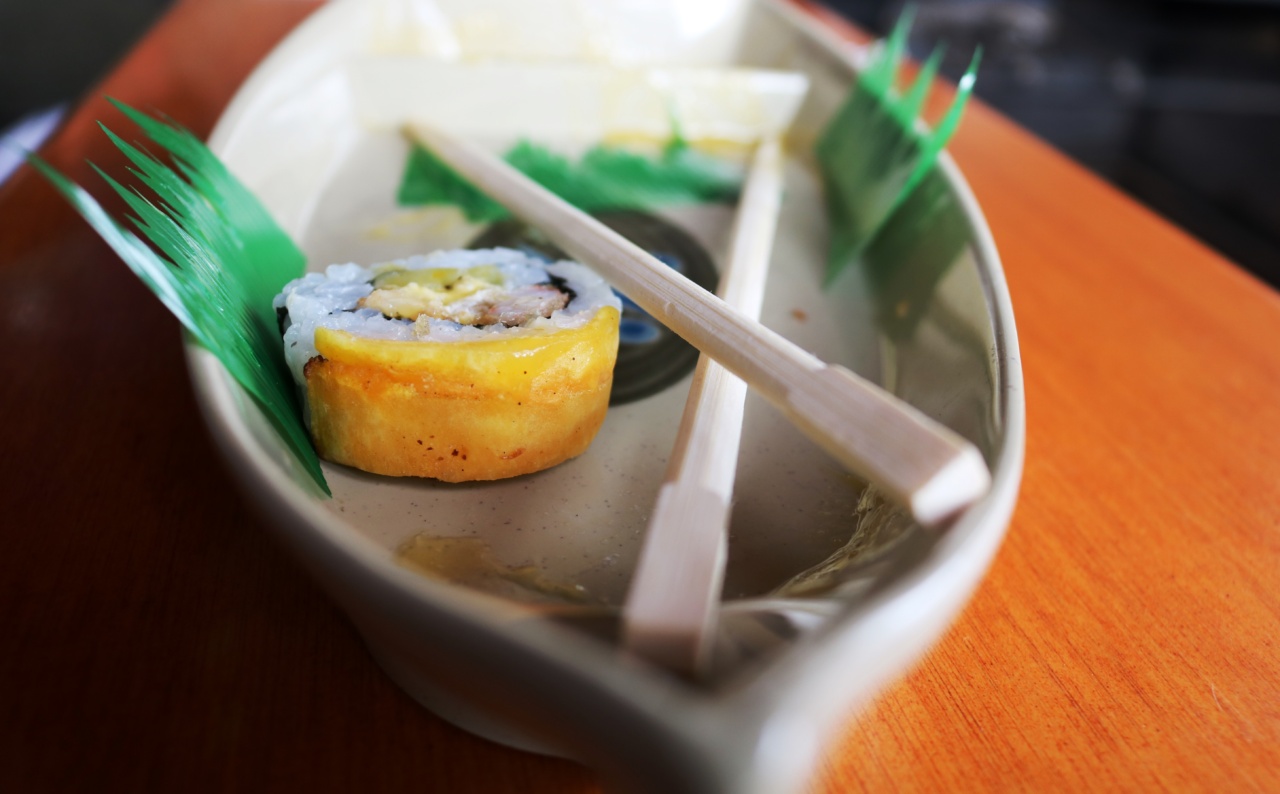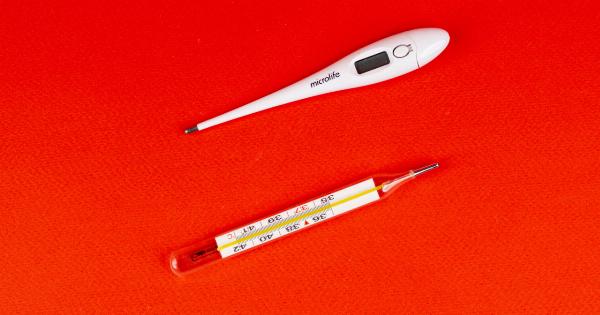Sushi is a Japanese dish made with vinegared rice and ingredients like fish, vegetables, and fruits. It is a popular cuisine among many people worldwide and has been a part of Japanese culture for centuries.
However, sushi comes with some health hazards that sushi eaters should be aware of to avoid any health risks.
Mercury Poisoning
One of the significant health hazards associated with sushi is mercury poisoning. Mercury is a toxic element that is present in many types of fish, including tuna, mackerel, swordfish, and shark.
Large predatory fish are the primary source of mercury contamination in sushi. When consumed in high amounts, mercury can cause nerve damage, memory loss, and kidney damage.
Allergic Reactions
Another health hazard associated with sushi is allergic reactions. Seafood allergies are common, affecting 2% of adults and 8% of children worldwide.
Sushi contains many types of fish and seafood, making it challenging for people with seafood allergies to determine which type of sushi they can eat safely. Allergic reactions to sushi can range from mild symptoms like itching and hives to severe and life-threatening reactions like anaphylaxis.
Food Poisoning
Sushi can also cause food poisoning. The raw fish used in sushi can harbor harmful bacteria like Salmonella, Vibrio, and Listeria that can cause food poisoning.
Symptoms of food poisoning can range from mild, like stomach upset and diarrhea, to severe and life-threatening, such as dehydration and kidney failure. Pregnant women, the elderly, and people with weakened immune systems are at a higher risk of developing serious complications from food poisoning.
Parasitic Infections
Another health hazard associated with sushi is parasitic infections. Raw or undercooked fish can contain many types of parasites like Anisakis and Diphyllobothrium.
These parasites can cause many health problems when consumed by humans, including stomach pain, diarrhea, and anaphylaxis. Consuming sushi in reputable restaurants with strict quality control procedures can minimize the risk of parasitic infections.
High Sodium Content
Sushi can have a high sodium content. The soy sauce used in sushi is high in sodium, and many sushi varieties contain added salt to enhance the flavor.
Consuming high amounts of sodium can cause high blood pressure, stroke, heart disease, and kidney disease. People with hypertension or kidney disease should limit their intake of sushi or choose low-sodium options.
Mercury Content in Fish
As mentioned earlier, large predatory fish like tuna and swordfish can contain high levels of mercury.
Pregnant women and children are particularly at risk of mercury exposure, as the toxic element can cause developmental issues in fetuses and young children. To minimize the risk of mercury poisoning, pregnant women and children should avoid high-mercury fish in sushi.
Cross-Contamination
Cross-contamination can occur in sushi restaurants that do not follow proper hygiene procedures. Raw fish can come in contact with cooked food, utensils, and surfaces, leading to the spread of harmful bacteria and viruses.
Sushi restaurants should follow strict hygiene procedures to prevent cross-contamination and ensure the safety of their customers.
Conclusion
Sushi is a popular cuisine enjoyed by millions of people worldwide. However, sushi comes with some health hazards that sushi eaters should be aware of to minimize the risk of health complications.
Some of these health hazards include mercury poisoning, allergic reactions, food poisoning, parasitic infections, high sodium content, cross-contamination, and mercury content in fish. Sushi eaters should consume sushi in reputable restaurants that follow proper hygiene procedures and avoid high-risk sushi varieties.






























